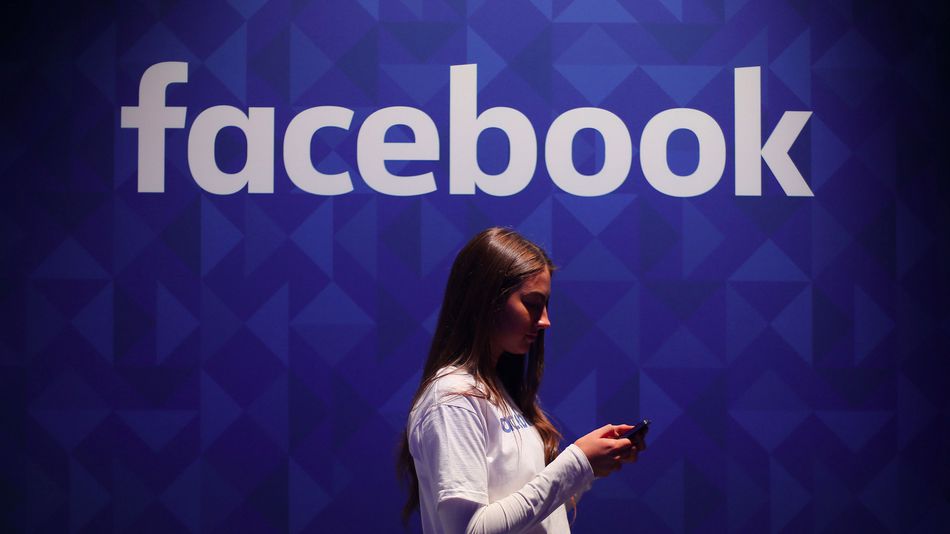

Facebook CEO Mark Zuckerberg doesn’t believe that fake news on his social network influenced the election.
But recent findings from the Pew Research Center suggest the opposite is true, as 20 percent of social media users say they’ve changed their stance on a political issue because of something they saw on sites like Facebook. The shift was usually pessimistic.
SEE ALSO: Facebook is the most powerful force online — and these new numbers prove it
“People who said they had changed their minds on [the presidential] candidates often said that social media pointed their opinion in a more negative direction,” Pew research associate Monica Anderson said in a post about the survey that was published Monday.
“Respondents who indicated they had changed their minds about Clinton were more than three times as likely to say that their opinion changed in a negative direction rather than a positive one (24% vs. 7%), and respondents who mentioned Trump were nearly five times as likely to say that their opinion became more negative as opposed to more positive (19% vs. 4%),” she added.
The findings are pulled from more extensive Pew research on politics and social media that was published last month. The surveys behind that research were completed earlier this year, long before Election Day, so it’s impossible to state with any certainty that shifting opinions translated into political action.
Still, the anecdotes collected by Pew reinforce the logical notion that some people are impacted by the information they see online.
SEE ALSO: Facebook failed America this year — now it should kill the News Feed
Here are a couple of the responses from Pew’s survey-takers — 4,579 random U.S. adults who live in households and are representative of the national population:
- “Trump continues to voice his opinion incredibly ignorantly about immigration and made my respect for him tank.”
- “All the videos circulating about Hillary Clinton and her email debauchery. Now I think she is even more evil and corrupt than originally thought.”
- “Videos of black people being murdered by police made me more angry and therefore more outspoken about Black Lives Matter.”
- “I saw some of my friends were animated about left-leaning things like Bernie Sanders and gay marriage. Originally I was against gay marriage and have now accepted it.”
Note that none of the responses included in Pew’s report indicate that the individuals surveyed had been exposed to — or swayed by — fake news reports. In fairness, that’s somewhat beside the point: The question is fundamentally about whether people can be influenced by information they see on social media. If the answer is yes, then we should believe in the power of viral hoaxes when they spread on social media.
Who are these people?
With varying margins of error, Pew’s sample, at a 95 percent level of confidence, included 3,571 social media users, 3,163 of which were Facebook users. Of that population of social media users, 1,557 said they were Republican or Republican-leaning, while 1,929 were Democrats or leaning in that direction.
Self-identified liberal Democrats were most likely to say they’d changed their minds on a political or social issue because of something they saw on social media, at 25 percent overall. Thirteen percent of conservative Republicans said the same.

Do keep in mind that the overwhelming majority — 82 percent — of the individuals surveyed said they never changed their opinion of a candidate because of social media.
That said, the race for electoral votes was incredibly close in swing states this year, as we see via Google Trends:

IMAGE: GOOGLE
Did information shared on Facebook, including hoaxes, make a difference in these states? Impossible to say — but let’s not pretend the notion is absurd.
[Source:-Mashable]
